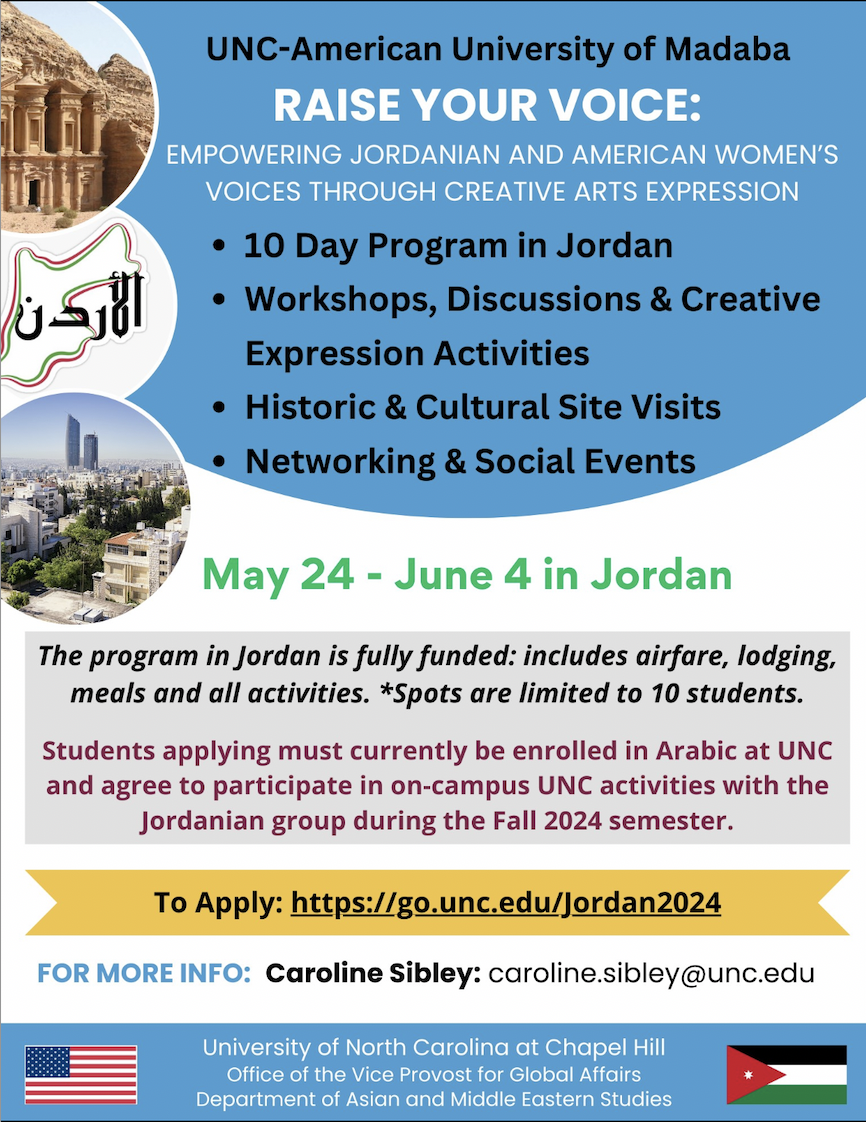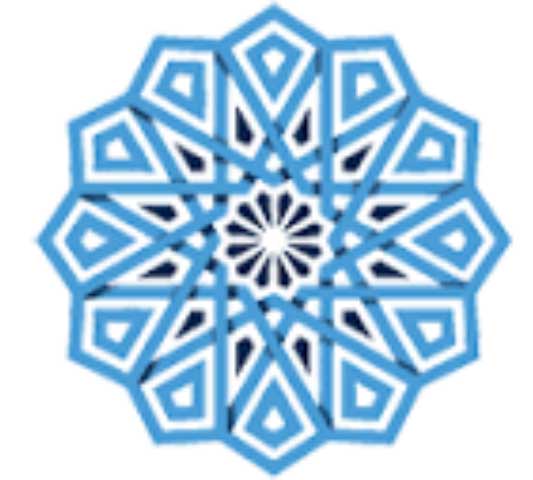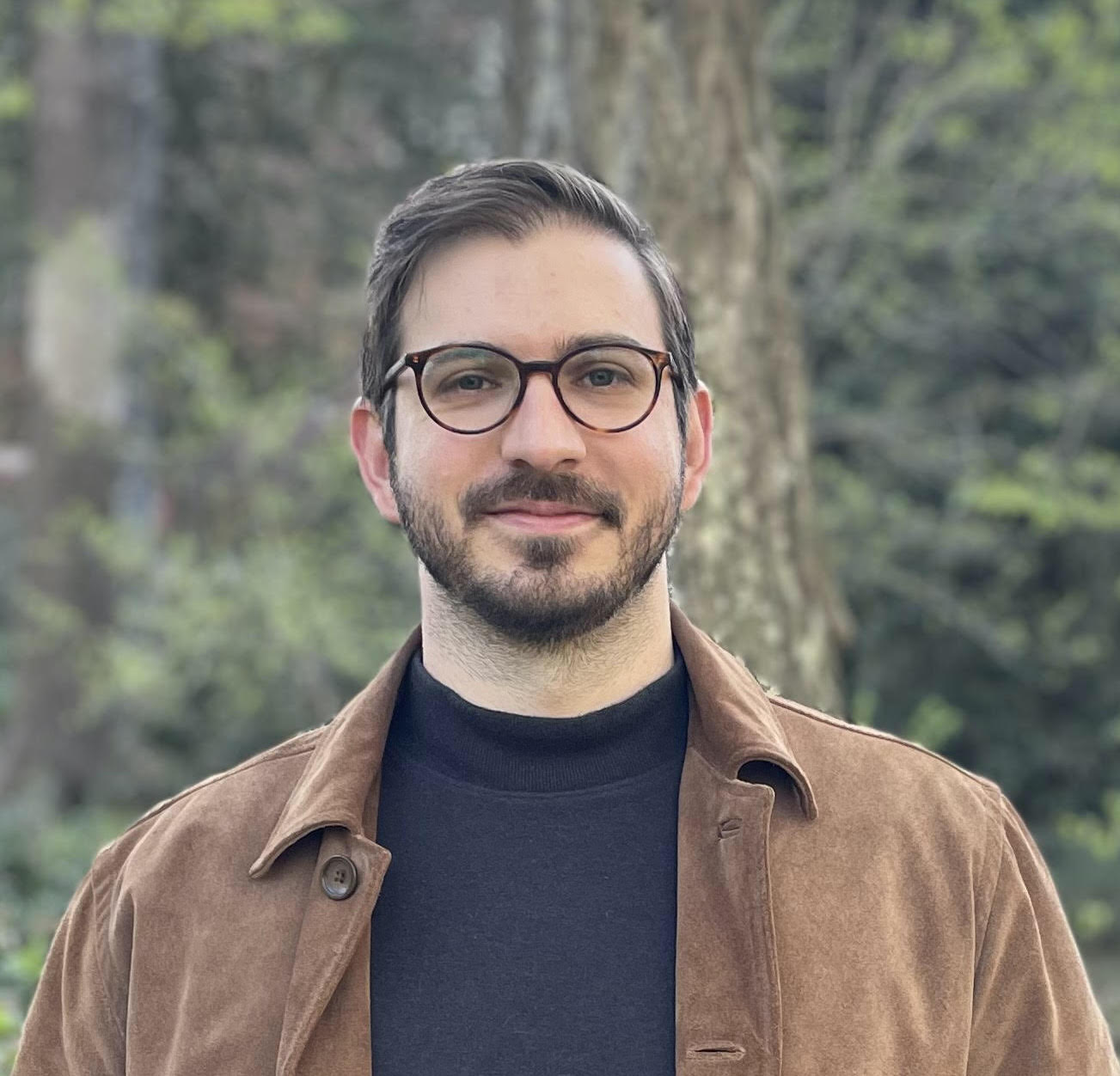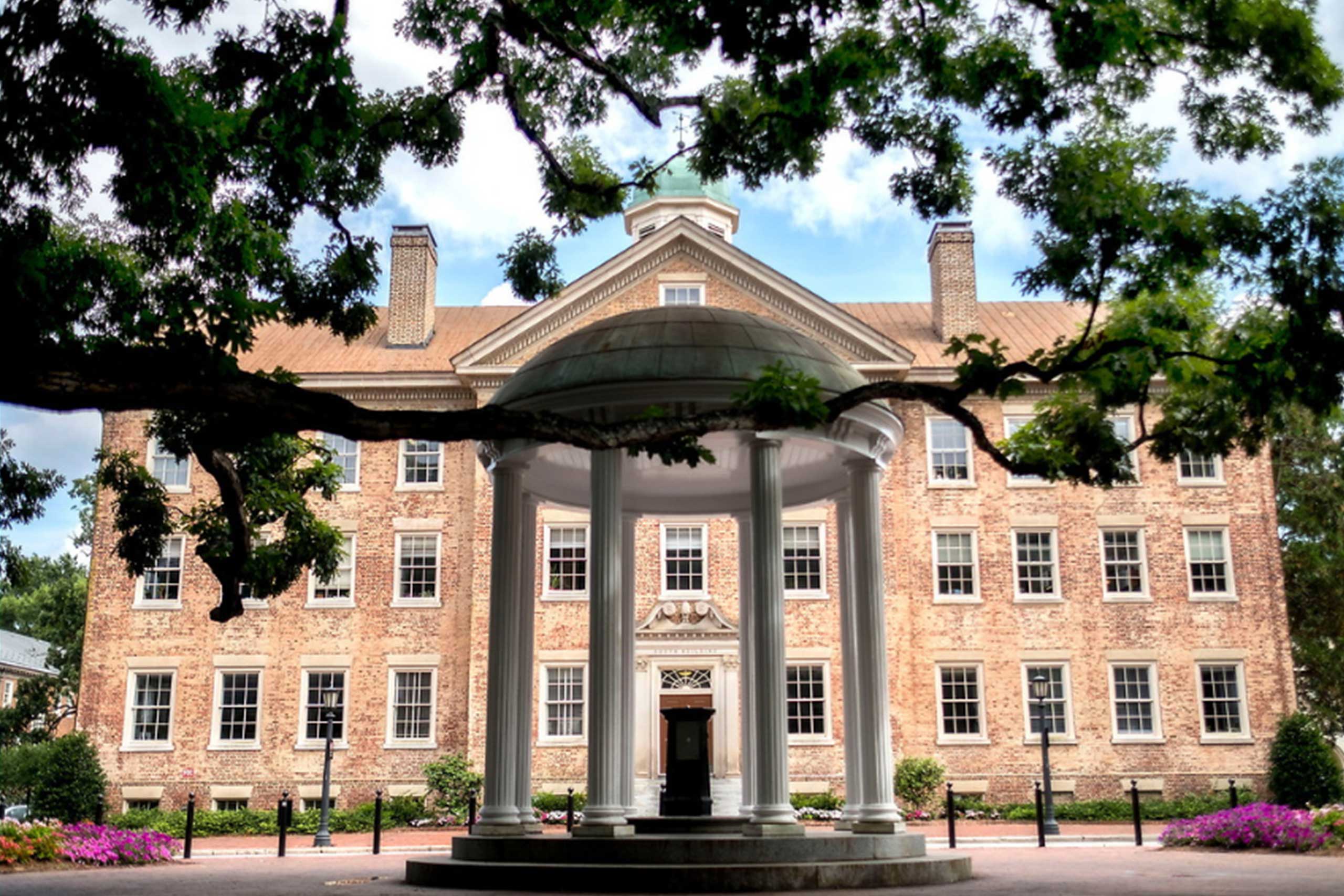 On a crisp night last month nearly all 22 students studying Turkish at the University of North Carolina at Chapel Hill and Duke University took advantage of a unique opportunity to practice their language skills with Nobel prize winner Aziz Sancar at Türk Evi (Turkish House), located just off the UNC campus, and learn about the scientist’s decades long personal and professional journey to the Nobel.
On a crisp night last month nearly all 22 students studying Turkish at the University of North Carolina at Chapel Hill and Duke University took advantage of a unique opportunity to practice their language skills with Nobel prize winner Aziz Sancar at Türk Evi (Turkish House), located just off the UNC campus, and learn about the scientist’s decades long personal and professional journey to the Nobel.
Their conversation, over a buffet dinner, was led by Duke Turkish lecturing fellow Didem Havlioglu and Gwen Sancar, UNC professor of biochemistry and biophysics and Aziz Sancar’s wife. They may be rivals in basketball, but Duke and UNC students and faculty across disciplines regularly mix in research settings, and at academic conferences, events and social occasions. The Duke-UNC Consortium for Middle East Studies, for example, is a National Resource Center that encourages collaboration and cooperation across the two campuses.
Aziz Sancar, the Sarah Graham Kenan Professor of Biochemistry and Biophysics and the second Nobel Laureate at UNC-Chapel Hill, was awarded the 2015 Nobel Prize in Chemistry — along with colleagues Tomas Lindahl of the UK, and Paul Modrich of Duke University — for groundbreaking work in mapping DNA repair. Colleagues say his research into DNA repair, cell cycle and cancer treatment, and the biological clock has improved understanding of the basic biology of cancer and aging.
A replica of Sancar’s Nobel medal, together with a replica of the 2007 Nobel medal in physiology or medicine awarded to UNC’s Oliver Smithies, will go on display in an official ceremony on April 13 at Davis Library — with the two Nobel Laureates in attendance. Another of Sancar’s replicas will be displayed at his alma mater, the University of Istanbul Medical School.
Sancar donated his entire share of the Nobel Prize money, in excess of $310,000, to the Aziz & Gwen Sancar Foundation that he runs with Gwen. Their foundation was organized for educational and charitable purposes to increase understanding of Turkey and to promote closer ties between the United States and Turkey. The foundation owns and runs the Türk Evi where the dinner party with students was held— a Turkish center that hosts cultural events and provides housing for a small number of Turkish students and visiting scholars adjusting to university life in the U.S.
After 34 years teaching at UNC, it’s hard to imagine now that life in the U.S. for Sancar was once difficult.






